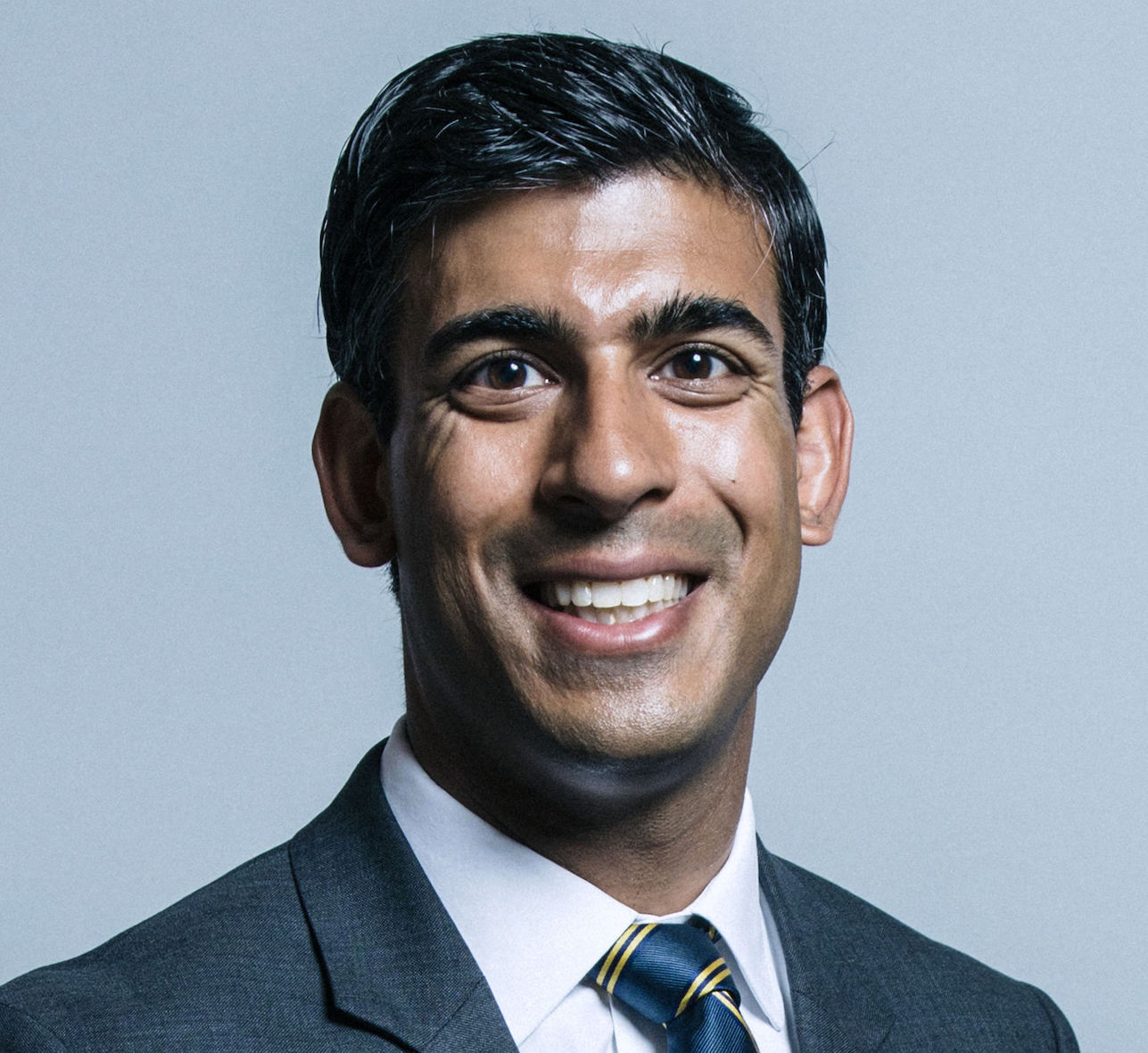Millions of people could be vulnerable to a fraud attack by failing to recognise common warning signs in third party communications, research from TSB has revealed.
The bank showed 2,000 UK adults a series of 20 emails and texts from third parties, such as banks and mobile phone providers – 10 of which were genuine communications and a further 10 of which were fraudulent.
Just 18% of respondents were able to correctly identify all 10 fraudulent messages, while only 25% of respondents could identify all fraudulent messages imitating banks. TSB found that 36% could correctly identify the scams pretending to be from other common providers, such as mobile phone companies or retailers.
Over a third (37%), however, indicated they would respond to at least one fraudulent message claiming to be from their bank, which TSB suggested shows the “great lengths fraudsters go to” in making targeted scams look convincing.
During the COVID-19 pandemic, TSB has also reported a significant spike in smishing attacks, although the bank found that losses and cases did not rise at an equivalent rate.
The research also found that those aged between 18 and 24 were most at risk of falling victim to fraud as they identified considerably fewer fraudulent messages than older generations, with just 9% achieving a full score. Another 41% also stated they would respond to at least one fraudulent message claiming to be from their bank, while 35% would respond to a message imitating a provider – the highest of all age groups.
TSB head of fraud, Ashley Hart, commented: “Unfortunately, fraudsters are becoming increasingly clever in using technology such as text messages to impersonate banks and other companies, all to trick people out of their hard-earned money.
“Our findings show how convincing these messages can appear, and highlight a worrying proportion of people who could be caught out. The emotional and financial impact of fraud can be devastating – which is why we reimburse all our customers should they ever fall victim and invest in partnerships with police forces to hunt down the criminals behind these attacks.”
Latest News
-
Residential property transactions fall 24% month-on-month
-
Later life lending loans jump 5.1% in Q4 2025
-
Mortgage Awards 2026: Winners announced
-
FCA outlines proposals to close gaps in borrowers’ credit files
-
St. James’s Place closes 2025 with record FuM
-
Average LTV on UK mortgaged home drops to 59% – IMLA
Mortgage Advice Bureau and AI in the mortgage sector
Chief executive officer at Mortgage Advice Bureau, Peter Brodnicki, and founder and managing director at Heron Financial, Matt Coulson, joined content editor Dan McGrath to discuss how Mortgage Advice Bureau is using artificial intelligence to make advancements in the mortgage industry, the limitations of this technology and what 2026 will hold for the market
Perenna and the long-term fixed mortgage market

Content editor, Dan McGrath, spoke to head of product, proposition and distribution at Perenna, John Davison, to explore the long-term fixed mortgage market, the role that Perenna plays in this sector and the impact of the recent Autumn Budget
NEW BUILD IN FOCUS - NEW EPISODE OF THE MORTGAGE INSIDER PODCAST, OUT NOW

Figures from the National House-Building Council saw Q1 2025 register a 36% increase in new homes built across the UK compared with the same period last year, representing a striking development for the first-time buyer market. But with the higher cost of building, ongoing planning challenges and new and changing regulations, how sustainable is this growth? And what does it mean for brokers?
Does the North-South divide still exist in the UK housing market?

What do the most expensive parts of the country reveal about shifting demand? And why is the Manchester housing market now outperforming many southern counterparts?
In this episode of the Barclays Mortgage Insider Podcast, host Phil Spencer is joined by Lucian Cook, Head of Research at Savills, and Ross Jones, founder of Home Financial and Evolve Commercial Finance, to explore how regional trends are redefining the UK housing, mortgage and buy-to-let markets.
In this episode of the Barclays Mortgage Insider Podcast, host Phil Spencer is joined by Lucian Cook, Head of Research at Savills, and Ross Jones, founder of Home Financial and Evolve Commercial Finance, to explore how regional trends are redefining the UK housing, mortgage and buy-to-let markets.
© 2019 Perspective Publishing Privacy & Cookies











Recent Stories